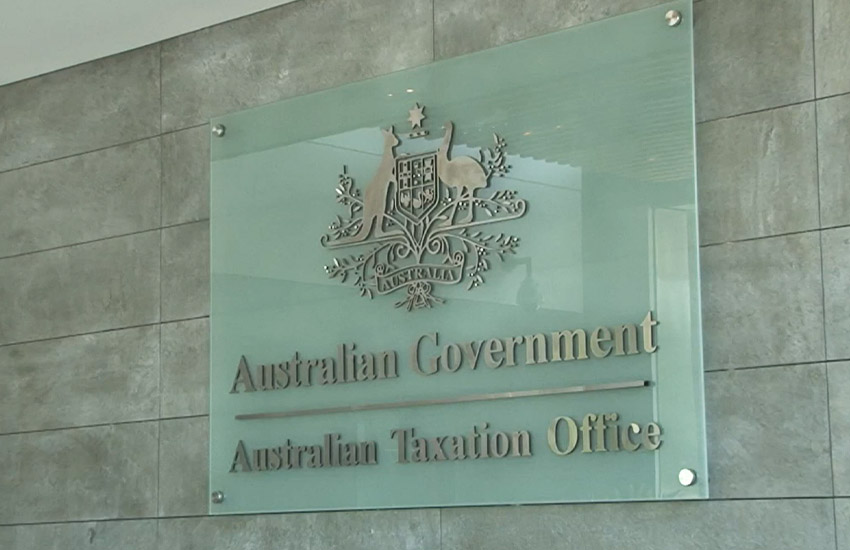The ATO is encouraging SMSF firms to start restructuring their audit engagements now rather than hoping clients meet the “routine and mechanical” exception, given the risk the exemption may not even exist in future years.
26 June 2025
New Broker Academy 2025
Uncover a new world of opportunity at the New Broker Academy 2025If you’re ready for a career change and are looking...
KNOW MORE
 Login
Login







